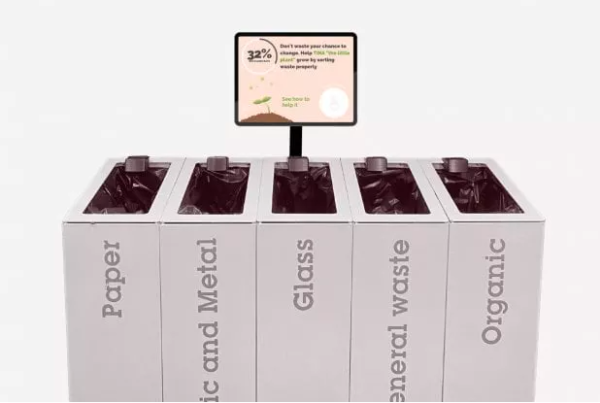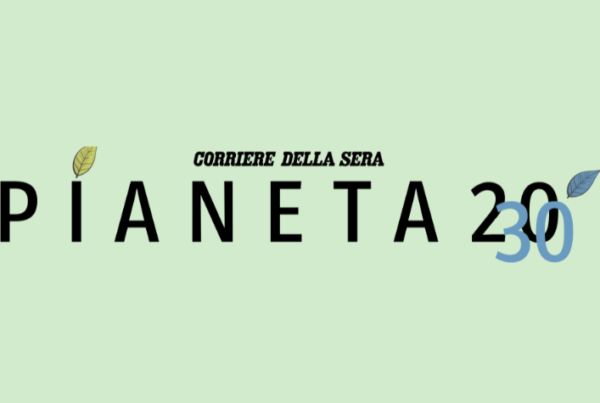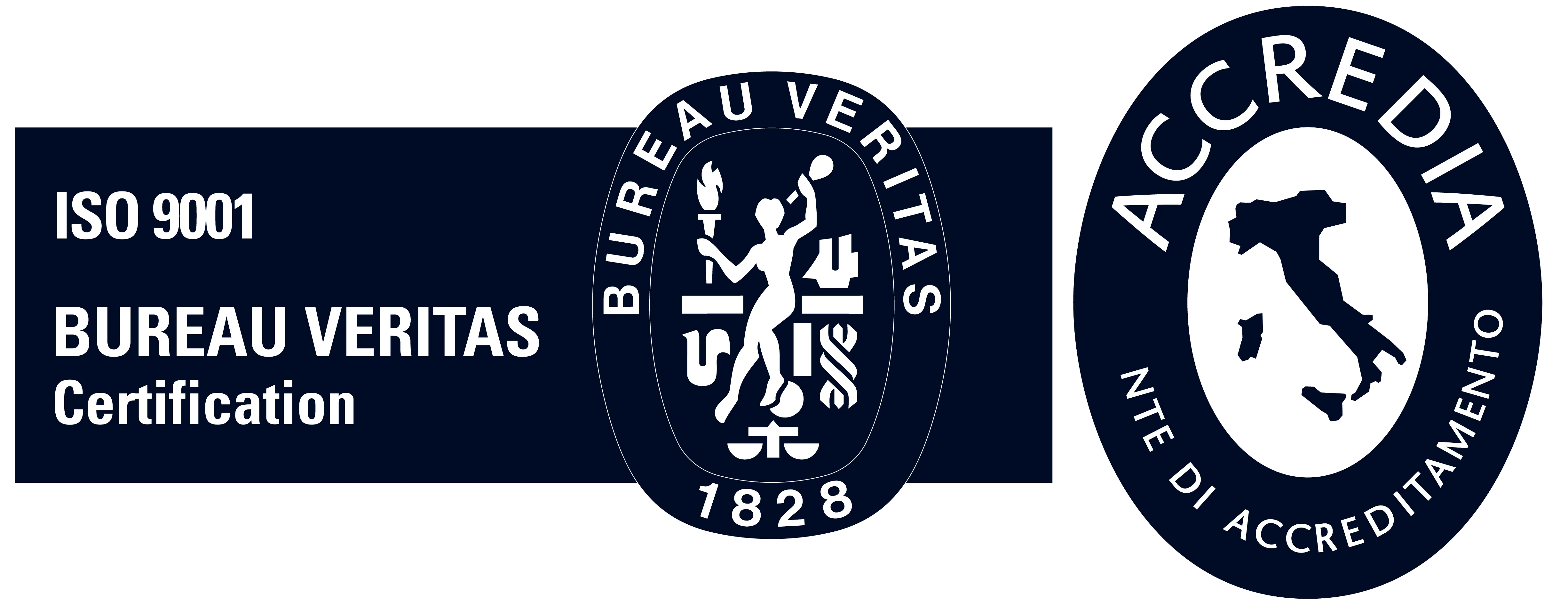What if your canteen or restaurant could track food waste before it even becomes a problem?
At NANDO, we’ve created a solution that goes beyond simply reducing food waste. NANDO turns food waste into value.
With our AI-powered food waste monitoring system, we don’t just collect data—we transform it into actionable insights and tangible value.
From Food Waste to Compost: The Power of Transformation
Every year, millions of tons of food end up as waste in food service environments—canteens, cafeterias, restaurants, and hospitality settings. Most of this organic waste is still disposed of in landfills or incinerated, generating greenhouse gas emissions, particularly methane, which is over 25 times more potent than CO₂.
But what if we could stop food waste from being waste?
With the right infrastructure and data, food waste can be transformed into compost—a nutrient-rich soil amendment that returns organic matter back to the earth. Composting supports soil regeneration, reduces the need for chemical fertilizers, retains water in agricultural land, and enhances agro-biodiversity.
This process is at the heart of the circular economy in waste management: instead of following a linear path (produce–consume–dispose), organic waste enters a regenerative loop that gives it new life and value.
Why Monitoring Food Waste Matters More Than Ever
Without accurate, real-time data, tackling food waste is guesswork. That’s where NANDO comes in.
Our system combines computer vision, machine learning, and smart sensors to monitor what gets thrown away, how much, and why. By understanding waste patterns down to the dish level, kitchens and food service providers can:
-
Reduce overproduction and portion sizes where needed
-
Improve menu planning based on real diner behavior
-
Avoid unnecessary procurement of ingredients
-
Track and measure environmental impacts, including CO₂ emissions, water usage, and land use
The true value of this data emerges when it informs waste diversion strategies—especially composting. With precise waste classification, kitchens can separate organic waste efficiently and ensure it’s treated properly through composting facilities, rather than becoming part of general waste streams.
Smart Waste Management for a Greener Future
The future of food waste management is smart, data-driven, and circular. Monitoring is no longer just about reducing waste—it’s about repurposing it into something useful. Composting not only reduces landfill volume and emissions but also regenerates soil health and supports a more sustainable food chain.
By using AI technology in food waste management, NANDO helps organizations take control of their waste, reduce their environmental footprint, and contribute to a sustainable future—where waste is no longer a problem, but a resource.
Stop throwing away opportunity. Let’s turn food waste into growth.🌱
Curious to know how it works? Watch Emma, our Waste Consultant & Key Account Manager, dive into the details on our LinkedIn account: click here.
Visit our LinkedIn Page to stay updated: linkedin.com/company/re-learn
Or Book a Free Demo with us: Contact us





